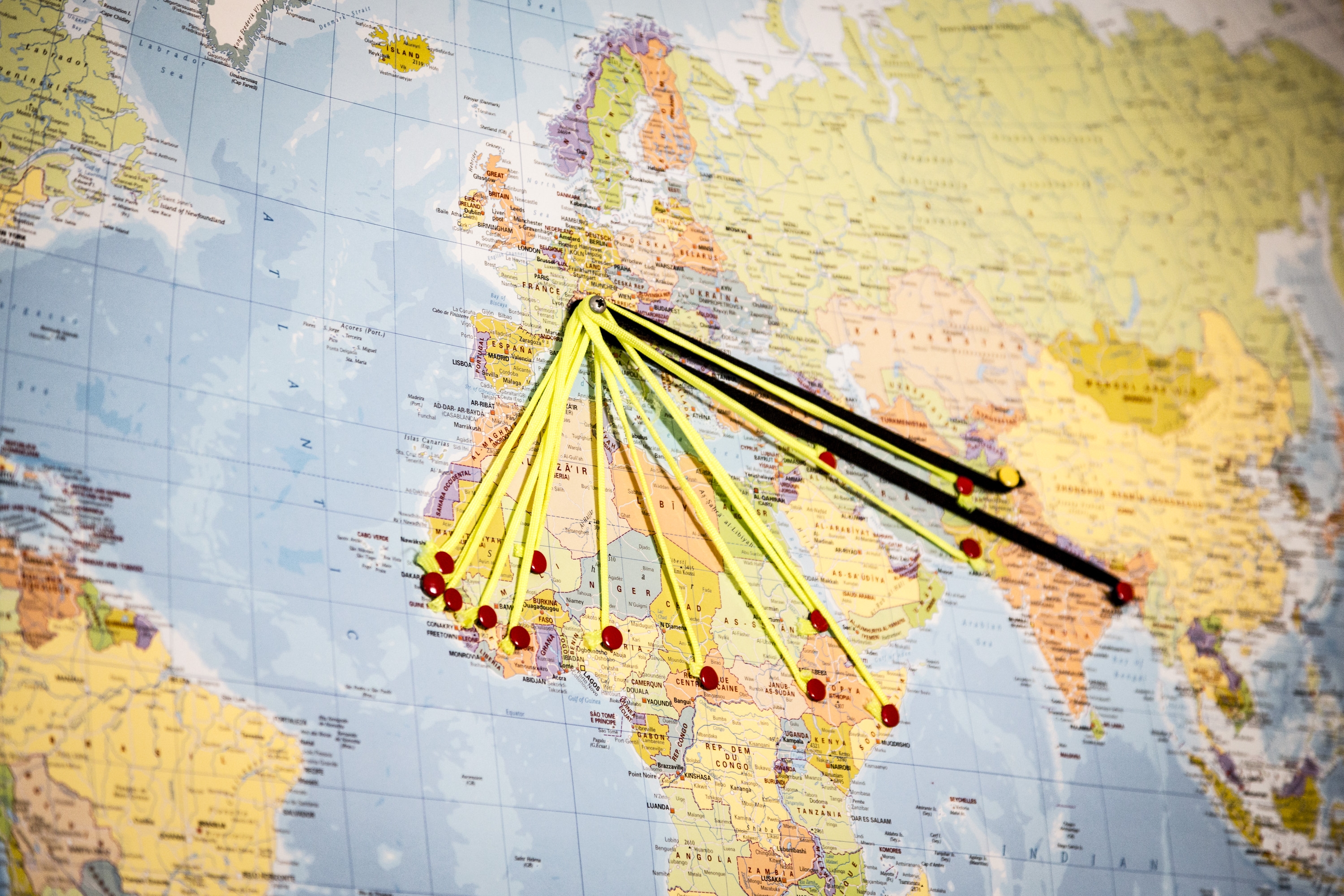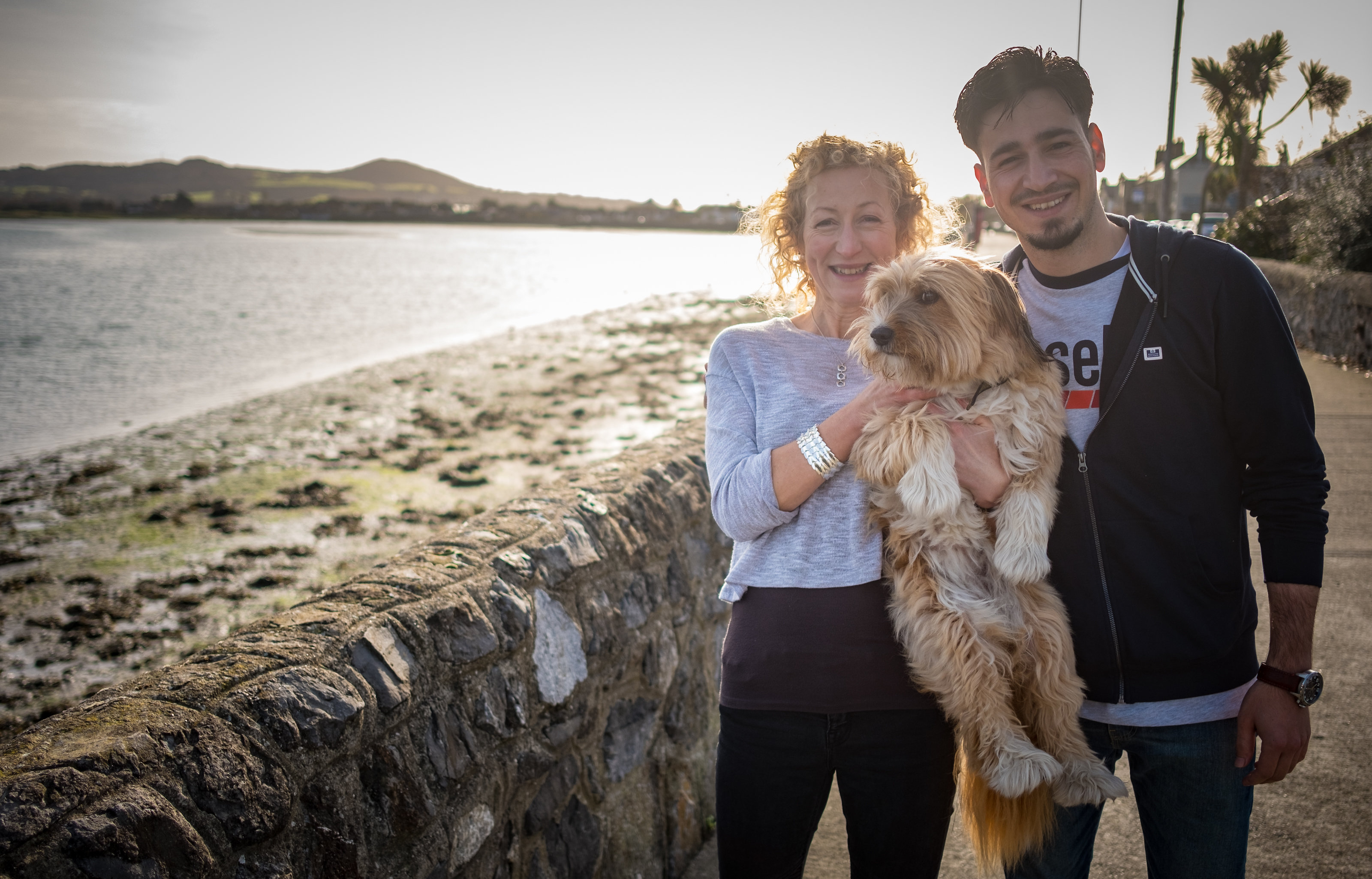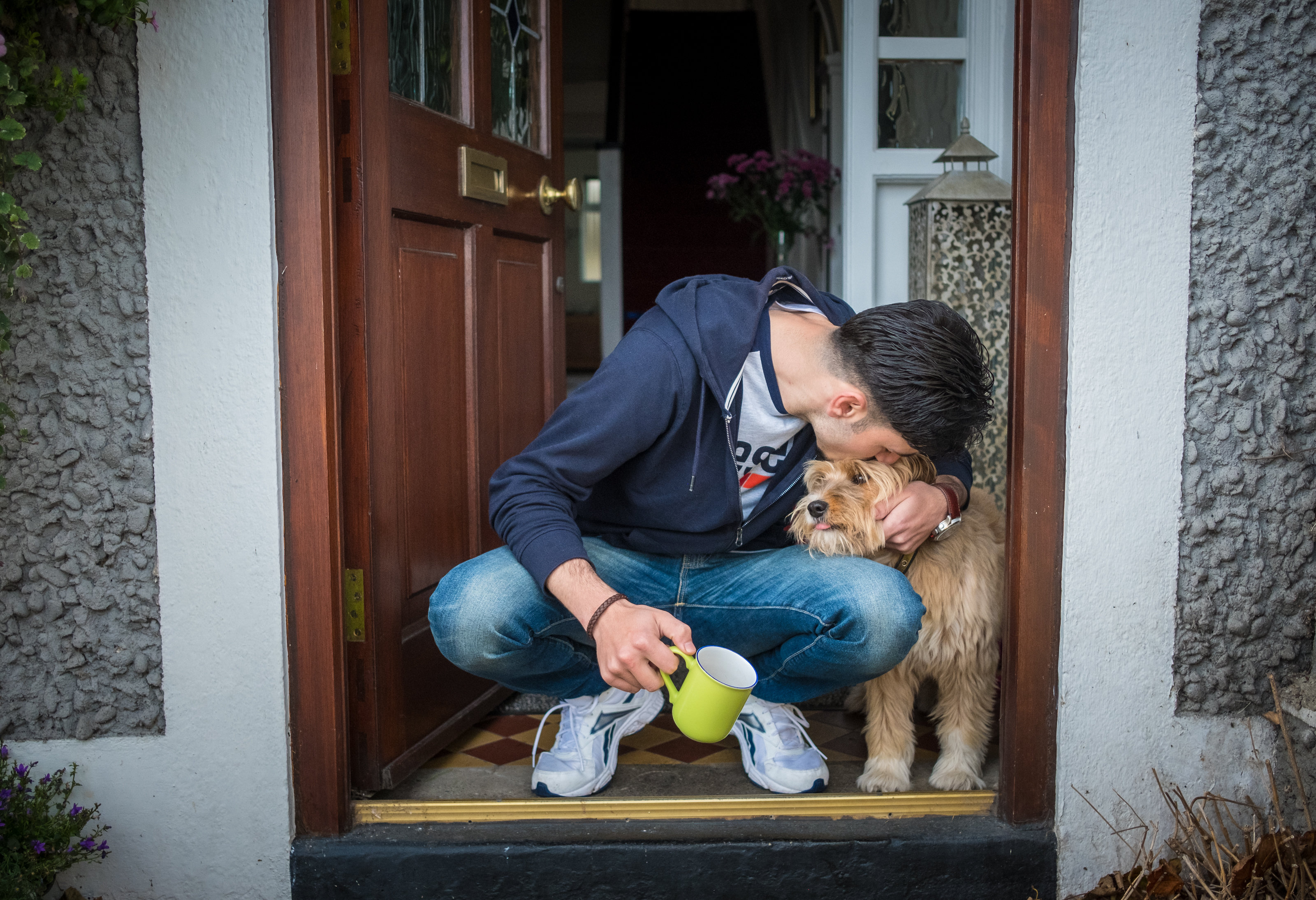A new home in Ireland
According to the United Nations High Commissioner for Refugees (UNHCR), in recent years over 3 million Iraqis and 5.4 million Syrians have been forced to leave their countries to escape the dangers of the conflicts raging there. Most have sought refuge in neighbouring countries, while some have taken the arduous journey to Europe in search of safety.

In order to relieve some of the pressure on EU Member States on the Union’s southern borders and create long-term solutions for people in need, the EU established the Relocation Scheme in September 2015. It involved 120,000 migrants who arrived in Italy or Greece in need of international protection. As the EU is governed by the principle of solidarity, all Member States were obliged to provide support so that the EU’s legal responsibilities towards migrants could be met. Ireland currently has no legal obligation to take in refugees, however the country voluntarily agreed to fully participate in the Relocation Scheme by accepting up to 4,000 migrants. The Irish Refugee Protection Programme (IRPP) was established to assist with providing a safe haven for those in need of international protection. As of May 2018, Ireland had welcomed 1,022 people from Greece.
Helping Ireland welcome people in need
Following a register of public pledges to support asylum seekers and refugees, managed by the Irish Red Cross at the request of the Irish government, the public made 832 pledges for goods, services, and accommodation.
The Irish Red Cross supports people arriving with transport and medical assistance. Between January 2017 and the end of May 2018, the Irish Red Cross had distributed over 782 hygiene kits and 74 baby kits to people who had just landed in the country, as well as books to 253 children.
Housing is an urgent requirement for the new arrivals, and asylum seekers initially reside in Emergency Reception and Orientation Centres. Once refugee status is granted, the Irish Red Cross supports many – families and single people – to move into pledged and privately rented accommodation. As of 20 June 2018, 96 refugees had been housed by the Irish Red Cross through private pledges of accommodation made by the general public.
Mary’s Gaff
The story of Mary and Wassim illustrates one such case.
Twenty-six-year-old Wassim comes from Al-Zabadani, a city located high in the mountains on the Lebanese border in southwestern Syria. Following bombing, “nobody lives in my city”, he says. After he moved to a neighbouring town that was soon destroyed too, he travelled to Lebanon, Turkey, Greece, and finally made it to Ireland.
“The only difference between them and us is luck, it’s just luck,” says Mary on her decision to welcome Wassim to stay in the spare room of her home overlooking Dublin Bay. “I felt it was the right thing to do.”

Wassim has been living with Mary since July 2017. He has never lived beside the sea before and he says he likes to go outside with a cup of coffee and admire the view. Wassim shares his new situation with his family through online video tours. When he first arrived, “he was walking around the house, showing them the sea, showing them me!” Mary laughs.
Having a safe, comfortable home allows Wassim to put his energy into attending college, which he is very keen to complete so he can pursue a degree in IT. He earns his income working in a restaurant in the evenings.

Mary is enjoying having an injection of Syrian culture into her home. Wassim loves cooking, and shares his creations, from fatteh to hummus with Syrian bread.
For Mary, welcoming Wassim is not a big deal. “Lots of people take in an Irish person,” she points out. “What’s the difference, are we not all the same?”
Basic information
Activity name
Irish Refugee Protection Programme
Country
Ireland
Duration
2015 - present

